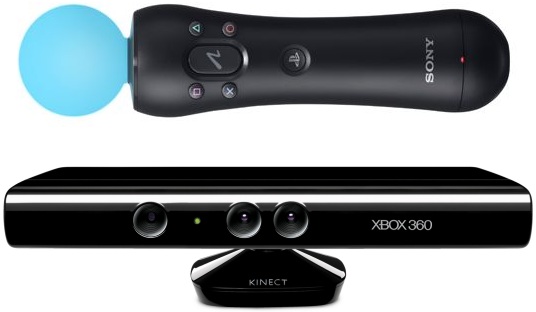 While Kinect for Xbox 360 and the Playstation Move are doing pretty well, games that rely on additional space-consuming controllers are feeling the squeeze.
While Kinect for Xbox 360 and the Playstation Move are doing pretty well, games that rely on additional space-consuming controllers are feeling the squeeze.
The latest victim is Activision’s Tony Hawk: Shred, a game that uses a skateboard-shaped controller that you stand on like the real thing. In its first week, Shred sold only 3,000 units in the United States according to The NPD Group, Gamasutra reports. Shred’s predecessor, Tony Hawk: Ride, was a flop last year, but that game at least managed to top 100,000 units in its first month, a feat that seems unlikely for Shred.
Activision’s also taking a hit with DJ Hero 2, which sold 59,000 copies last month. The original DJ Hero did twice as well in its first month last year, and was still considered a flop. Consider also that Viacom is looking to sell Rock Band creator Harmonix, or that Nintendo isn’t doing anything new with Wii Fit this year, and the case against video games with big plastic peripherals is a strong one.

 Instant Jam, a Facebook game that happily thumbed its nose at Guitar Hero, Rock Band and record labels, has shut down along with its parent company, InstantAction.
Instant Jam, a Facebook game that happily thumbed its nose at Guitar Hero, Rock Band and record labels, has shut down along with its parent company, InstantAction. If you’re the type that
If you’re the type that  I’ve been trying to wrap my head around Call of Duty: Black Ops’ staggering sales, which outperformed every other game in the series on its first day and set records for the entertainment industry.
I’ve been trying to wrap my head around Call of Duty: Black Ops’ staggering sales, which outperformed every other game in the series on its first day and set records for the entertainment industry. Apple may never release a dedicated game console, but for now, an iPhone and iPad can do the same job.
Apple may never release a dedicated game console, but for now, an iPhone and iPad can do the same job. Kotaku’s Stephen Totilo has
Kotaku’s Stephen Totilo has  From the
From the  In the past, I’ve been a skeptic of Kinect for Xbox 360 and the Playstation Move, Microsoft’s and Sony’s respective motion controllers. The prospect of selling the public another Wii, I thought,
In the past, I’ve been a skeptic of Kinect for Xbox 360 and the Playstation Move, Microsoft’s and Sony’s respective motion controllers. The prospect of selling the public another Wii, I thought,  “Censors are, of course, propelled by their own neuroses. That is why a universally accepted definition of obscenity is impossible. Any definition is indeed highly subjective, turning on the neurosis of the censor.”
“Censors are, of course, propelled by their own neuroses. That is why a universally accepted definition of obscenity is impossible. Any definition is indeed highly subjective, turning on the neurosis of the censor.”